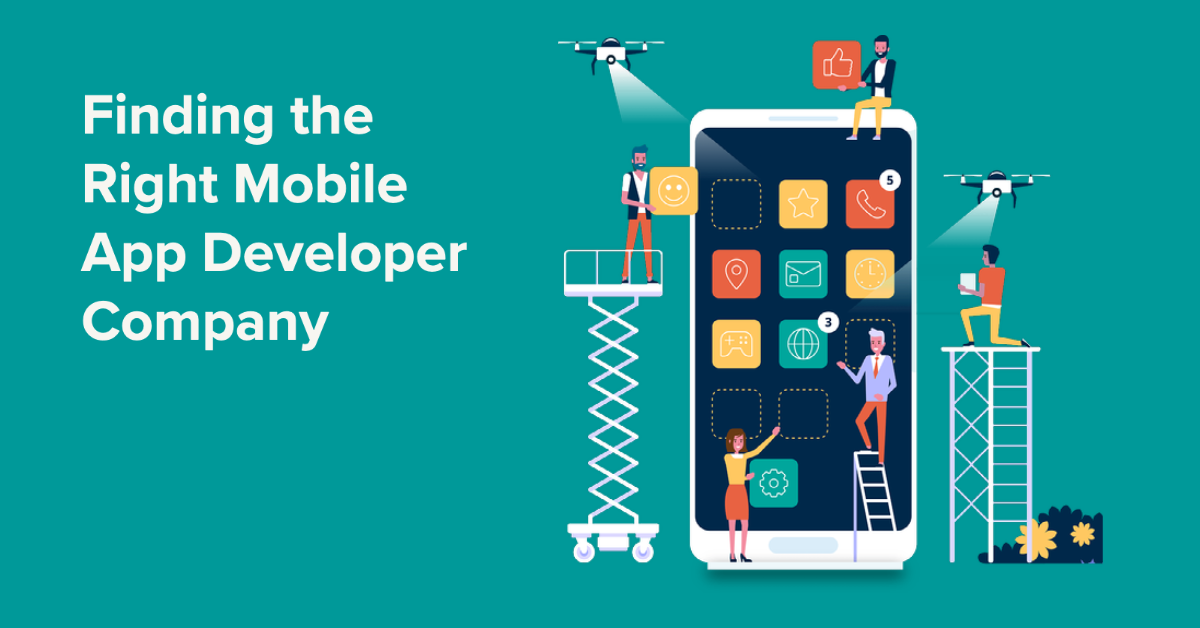App Development Firm: Your Partner in Digital Solutions
1. Introduction to App Development Firms
In today’s technology-driven world, the demand for mobile applications is at an all-time high. From startups to large enterprises, businesses are recognizing the value of having a mobile presence to engage with customers, streamline operations, and enhance productivity. This is where an app development firm comes into play. An app development firm specializes in creating applications for various platforms, ensuring that businesses can reach their target audiences effectively.
An app development firm not only designs and develops applications but also provides strategic advice on how to optimize the app’s performance, user experience, and market reach. The services offered by these firms encompass a wide range of areas, including:
- Custom App Development: Tailoring applications to meet specific business needs.
- Cross-Platform Development: Creating apps that function seamlessly on multiple operating systems, such as iOS and Android.
- UI/UX Design: Focusing on user interfaces and user experiences to ensure the app is both visually appealing and easy to navigate.
- Quality Assurance: Conducting rigorous testing to identify and fix bugs before the app goes live.
- Post-Launch Support: Offering ongoing maintenance and updates to keep the app functioning optimally.
Understanding the importance of partnering with the right app development firm can significantly impact a business’s success. A well-developed app can enhance customer engagement, improve service delivery, and increase revenue. In the following sections, we will delve deeper into the different types of app development firms, how to choose the right one, the app development process, and the latest trends shaping the industry.
2. Types of App Development Firms
App development firms come in various shapes and sizes, catering to different needs and budgets. Understanding the types of firms available can help businesses make an informed choice. Here are the primary categories:
- Freelance Developers: Often a cost-effective option, freelance developers work independently and can provide flexible solutions for smaller projects. However, they may lack the resources for larger, more complex applications.
- Small to Medium-Sized Firms: These firms offer a balanced approach, combining affordability with a comprehensive range of services. They can handle medium-sized projects and often provide personalized service.
- Large App Development Companies: These firms typically have extensive resources and teams with diverse skills. They can tackle large-scale projects but may come at a higher cost. Their client base often includes major corporations that require robust solutions.
- In-House Development Teams: Some companies choose to build their apps internally. This allows for full control over the development process but requires significant investment in hiring and maintaining a skilled team.
Each type of app development firm has its own advantages and drawbacks. Choosing the right one depends on factors such as project scope, budget, and specific business requirements.
3. How to Choose the Right App Development Firm
Selecting an app development firm is a critical decision that can affect the success of your project. Here are some essential factors to consider when making your choice:
- Portfolio and Experience: Review the firm’s portfolio to see examples of their previous work. Look for experience in your industry or with similar types of applications.
- Technical Expertise: Ensure that the firm has the technical skills needed for your project, including knowledge of the latest technologies, programming languages, and development frameworks.
- Client Reviews and Testimonials: Research client feedback and testimonials to gauge the firm’s reputation and reliability. Consider reaching out to previous clients for their insights.
- Communication: Good communication is vital for successful collaboration. Assess how responsive and transparent the firm is during initial discussions.
- Post-Launch Support: Inquire about the support and maintenance options available after your app is launched. A firm that offers ongoing assistance can help ensure your app remains relevant and functional.
Taking the time to evaluate these factors will help you make an informed decision and select an app development firm that aligns with your business goals.
4. The App Development Process
Understanding the app development process can provide valuable insights into what to expect when working with an app development firm. The process typically includes the following phases:
- Idea and Conceptualization: This initial phase involves brainstorming ideas, identifying the target audience, and defining the app’s core features.
- Wireframing and Prototyping: Wireframes are created to map out the app’s layout and user flow. Prototypes allow for testing the app’s functionality before full development begins.
- Development: This phase is where the actual coding happens. Developers build the app based on the specifications outlined in the previous phases.
- Testing: Rigorous testing is conducted to identify and fix any bugs or issues. This may involve functional testing, performance testing, and user acceptance testing.
- Launch: After thorough testing, the app is launched on the appropriate platforms (e.g., App Store, Google Play Store).
- Post-Launch Evaluation: After launch, the app’s performance is monitored, and user feedback is collected to make necessary improvements.
Each phase is crucial to the success of the app, and effective collaboration between the client and the app development firm can enhance the quality and performance of the final product.
5. Latest Trends in App Development
The app development landscape is continually evolving, driven by technological advancements and changing user expectations. Here are some of the latest trends shaping the industry:
- Artificial Intelligence (AI): AI is being integrated into apps to provide personalized user experiences, enhance decision-making, and automate processes.
- Augmented Reality (AR) and Virtual Reality (VR): AR and VR technologies are gaining traction, particularly in gaming, retail, and education, offering immersive experiences.
- Cross-Platform Development: Tools like Flutter and React Native are making it easier to build apps for multiple platforms, reducing development time and costs.
- Internet of Things (IoT): IoT integration allows apps to connect with smart devices, creating new opportunities for automation and user interaction.
- Cloud-Based Apps: More apps are leveraging cloud computing to enhance performance, scalability, and data storage capabilities.
Staying informed about these trends can help businesses and app development firms create innovative solutions that meet user needs and stand out in a competitive market.
6. Conclusion
Partnering with an app development firm is a strategic decision that can pave the way for business growth and success in the digital landscape. By understanding the types of firms available, the selection criteria, the development process, and the latest trends, businesses can make informed choices that lead to the successful launch of their applications. Whether you are a startup or an established enterprise, finding the right app development partner is key to delivering high-quality, user-friendly apps that drive engagement and achieve your business goals.



